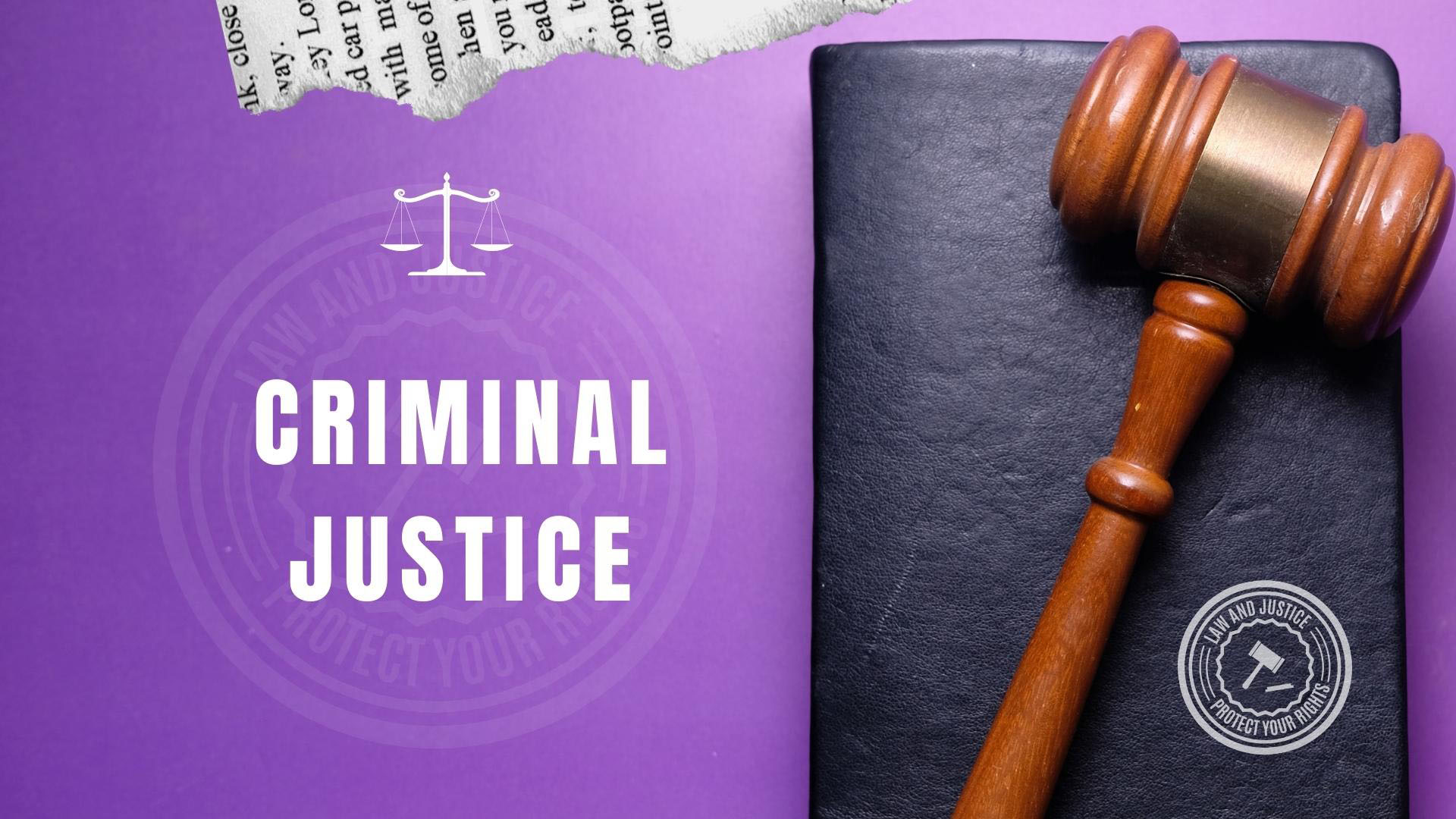7 Types of Criminal Justice Certifications
Criminal Justice Certifications is a broad field that entails upholding the law and enforcing it against those who break it. For example, you want to work in criminal justice but do not want to get a degree. In that case, you can choose from various certificate programs in law enforcement. So, understanding the many sorts of criminal justice certifications helps you select the one that best suits your interests. Also, knowing what’s available for each field allows you to achieve your career objectives.
Below, we’ll go over criminal justice certifications, why they’re essential, and how to choose one.
What is a Criminal Justice Certification?
A justice certification is a professional credential. It verifies that you have finished a particular educational or training program. Markedly, certification programs take less time than a college degree to complete. At the same time, many candidates can finish them in a few months. At the same time, some Criminal Justice Certifications take longer, especially if enrolled in a part-time program. Colleges, universities, and government bodies may offer criminal justice certification programs.
Justice certificates are significant because they allow people who want to work in the sector. They can learn more about their chosen vocation and increase their chances of landing a job. Further, Criminal Justice Certifications programs provide students with information and abilities. It can help them stand out from the competition. So, certification programs allow students to learn about crucial career resources and networking possibilities.
Seven Types of Criminal Equity Certifications
There are various criminal justice certifications. All are used for multiple jobs. Some certificates demand high school graduation or GED. But others require a college diploma before applying to the program. Honestly, both are valuable for those looking forward to their careers. Undergraduate certificates serve to get individuals into entry-level positions. On the other hand, graduate certificates provide students with niche and specialized information.
Below are seven different categories of criminal justice credentials:
1) General Justice Certifications
These Criminal Justice Certifications provide a wide range of skills. However, many people who obtain these credentials are able to advance in their current criminal justice employment. Professionals with basic and graduate qualifications may be qualified to conduct more advanced responsibilities.
2) Forensic Science Certifications
Entry-level and advanced workers can pursue careers in forensic departments at law enforcement facilities with forensic science certificates. Besides, graduate Criminal Justice Certifications usually focus on forensic specialties. Meanwhile, professional credentials prepare applicants to work on crime scenes and laboratories. For example, individuals without degrees can pursue document and firearm examination jobs, crime scene photography, and more.
3) Legal Certifications
A large number of criminal justice experts operate in the legal field. For example, lawyers, paralegals, legal assistants, and other law office personnel aid their clients. On the other hand, having specific credentials can help legal professionals such as administrative professionals.
4) Security Certifications
These Criminal Justice Certifications are available to criminal justice professionals in two forms. These forms include cyber and physical security. Security experts collaborate with courts and forensic teams to protect internal systems from hackers. Truly, cyber protection is vital nowadays to preserve evidence and records. Additionally, these experts assist law enforcement in locating digital evidence. That can aid in case resolution. On the other hand, bailiffs provide physical protection to keep individuals safe in jails and courtrooms.
5) Law Enforcement Certifications
These certificates enable officers to gain valuable skills and progress in their careers. Some certificates help pursue specific duties, such as training and record-keeping. Honestly, these Certifications not only help you advance your career but help you better protect your community. The following are examples:
- Certified Law Enforcement Analyst
- Communications Training Officer Certificate
- Certified Professional Criminal Investigator
- Peace Officer Skills Training
6) Corrections Certifications
People with corrections credentials can work in jails, prisons, and other correctional facilities. Specific Justice Certifications may be required before a new employee can begin working. Furthermore, these certifications help you advance in your career in addition to helping to keep your facility safe.
7) Court Certifications
Professionals with court certificates can assist in the courtroom. Administrative and clerical workers assist in court processes by preparing legal documents, maintaining court schedules, and documenting conversations in the courtroom. Besides, Justice Certifications can be mandatory or optional, but they all offer criminal justice professionals the knowledge and skills to thrive.
- Certified Court Manager
- Certified Court Executive
- Registered Professional Reporter
- Certified Realtime Reporter
- Certified Municipal Clerk
Tips for Choosing the Proper Criminal Justice Certification
Here are some pointers to help you pick the proper criminal justice certification for your needs:
Consider the Best Working Environment
There are many criminal justice jobs, and professionals work in various settings. So, you might be interested in working in a courtroom, a jail, a sheriff’s office, a law firm, or in your community. Selecting a work environment, you appreciate can help you rule out some professions while considering others.
Talk to Professionals in Criminal Equity
If you already work in Criminal Justice Certifications and are thinking about changing jobs, talk to your coworkers about what they like about their jobs.
Otherwise, you might know someone who works in the field and can answer your queries. You could also participate in a job shadowing program, which allows you to spend a day following and observing a professional. Police departments, for example, sometimes allow residents to join officers on duty.
Choose Your Favorite Aspect of Justice Certifications
You can pick which area appeals to you after researching job possibilities and determining the type of atmosphere you’d like to work in. A general program may help you earn the Criminal Justice Certifications that qualify you for various positions in criminal justice. Indeed, a generalized certificate will best suit you if you only have a rough concept or want to try more than one career before concentrating.
Alternatively, if you’re seeking additional training for a position you already hold or know precisely what you want to do, you should browse for specific certification programs.
Indeed, various certifications and jobs are available in the world of criminal justice. Do your research and figure out what fits your needs. Additionally, make sure to find a school you can trust and that works with your schedule.
Lakewood University offers a general undergraduate certificate program in Criminal Justice. If you’re ready to begin, inquire about enrolling today!




